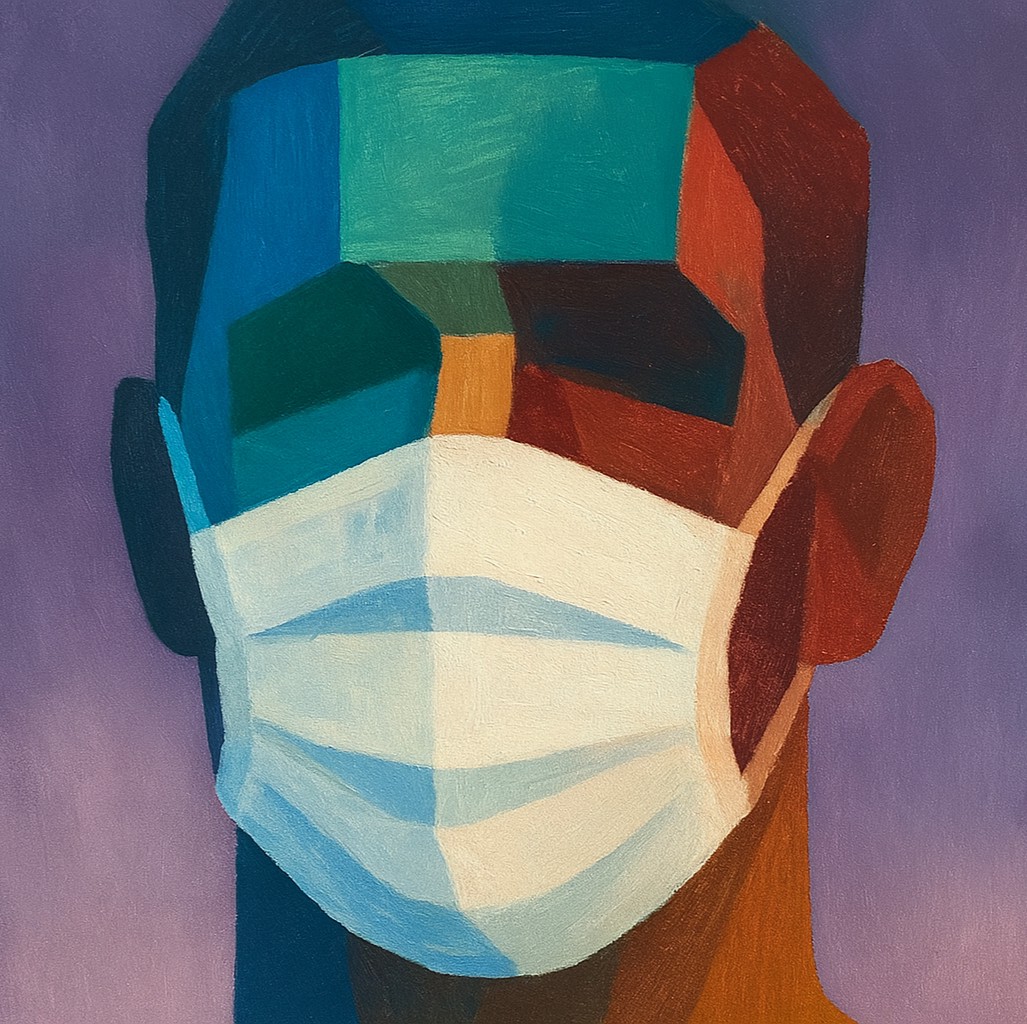Mystery in Wuhan
Molecular biologist and science communicator Sigrid Bratlie has published a book in search of the origins of the COVID pandemic.

Main moments
Sigrid Bratlie's new book “The Mystery of Wuhan” reveals that the COVID-19 pandemic most likely started with a lab leak in Wuhan, and that key players tried to cover it up. The book documents how American and Chinese scientists manipulated coronavirus in the Wuhan lab just before the pandemic broke out, and how the lab leak theory was initially dismissed as conspiracy, despite being privately considered plausible by leading scientists. Lack of transparency and politicization of knowledge hinders learning, and impairs our ability to prevent new, potentially worse, pandemics.
Order the book at Nordli here and attend book launch on June 4 here.
6 policy proposals to strengthen Norwegian and global pandemic safety
The COVID-19 pandemic is one of the most serious global crises in history. 15 million people have lost their lives and the societal costs are enormous.
The fact that we still do not know the origin of covid-19 is not only a historical problem. The lack of clarity exposes dangerous weaknesses in how the world deals with research into viruses that could cause future pandemics, and how we prevent them. Through concrete measures, nationally and in cooperation with other countries, we can reduce the risk of new pandemics.
- Develop a national biosecurity strategy as current policy has major shortcomings when it comes to biological threats. We need better measures to prevent new pandemics, especially those that can come from laboratories.
- Set up an International Truth and Reconciliation Commission on the origin of the covid pandemic. Here Norway can take a diplomatic leadership role.
- Establish requirements for international standards for laboratory safety that deal with pathogens. An example is that technical investigations (e.g. under the auspices of the WHO) for suspected infections must be required - not voluntary.
- Strengthen the Bioweapons Convention. Establish a body equivalent to the International Atomic Energy Agency (IAEA) with the right of inspection of laboratories. Violations of the convention must lead to real sanctions. Biological intelligence and surveillance should be a core function of international cooperation, e.g. surveillance of pathogenic tracers and organisms in air and sewage.
- Limit access to “raw materials” that can be used for the development of biological weapons. Impose requirements to suppliers of synthetic DNA to screen orders for potential hazardous substances and organisms, as well as customers. Implement risk assessment and restrictions on the use of artificial intelligence models used for biological design tools.
- Strengthen vaccine preparedness and other response mechanisms (surveillance, infection control technology) through international cooperation (CEPI, Gavi, EU, etc.).
The debate on the origin of the pandemic
Shortly after the covid outbreak became known, the lab leak theory was branded a conspiracy theory by both world-leading scientists and health policymakers in the United States and other countries. This despite the fact that there was hardly any reliable information available. Later released material shows how these key players at the same time privately believed a lab leak was a highly plausible explanation, but that it was not politically acceptable. Also, several parts of the intelligence community in the United States, Britain and Germany quickly suspected that the outbreak was due to a lab leak. These assessments were not made public until recently -- for political reasons.
The origin of the pandemic has also generated attention in Norway, and Sigrid Bratlie has been at the center of the public debate. When Bratlie in June 2024 published its note that the lab leak theory was most likely, it triggered strong reactions and reportage in VG What could be “the biggest scandal of all time.” Jörn Klein and Rein Aasland contradicted each other in a chronicle in Aftenposten, which Sigrid Bratlie and Gunnveig Grand answered. In March 2025 accused Jörn Klein's individual scientists for being “politically motivated”, whereupon Sigrid Bratlie followed up with that politicization of the knowledge is a serious problem. Within the academic academic community, too, the debate was heavy. During an open event in Oslo in the fall of 2024, Kristian Andersen, one of the most central virus scientists in the United States, spent a large part of his talk on a personal attack on Bratlie. The incident has created deep divisions in the Norwegian academic community.
Lab leakage as part of a larger trend
Laboratory leaks occur much more frequently than most people are aware of, with hundreds of documented cases. For decades, there has been a conflict in the academic community about risky research with the potential to trigger a pandemic. The conflict has a backdrop in the rapid technological developments in biotechnology and synthetic biology. This is described in an earlier note from Bratlie and Borger Jølstad about opportunities and threats from the twin revolutions of artificial intelligence and biotechnology.
Extras from the book
On this page you'll find extras from the book, including:
- Source list
- Recommended further reading/listening
- Glossary
- Overview of key organisations, institutions and programmes
- People Gallery
- Key players
- Alphabetical glossary
.jpg)
About the author
Sigrid Bratlie She is Senior Advisor in Thought Formwork in Long Term and Strategic Advisor at the Cancer Society, where she works at the intersection of science and policy in the field of biotechnology in several areas such as medicine, food production and biosafety. She is a trained molecular biologist, and was awarded the H.M. King's Gold Medal for her PhD thesis in 2015. Bratlie has been a Senior Advisor to the Biotechnology Council. She has previously written the book The man of the future.
More from Langsikt
.png)
The world's best insurance: How investments in global health security protect both Norway and the world
It's time to treat health as security policy.

Professional disagreement over the pandemic should not be handled with intimidation and ruling techniques
The debate over the origins of the pandemic is not just about academic disagreement, but about academic freedom of expression.

The Arguments "Bondelaget" Leads Are Weak
Farmers should not stand in the way of GMOs that can make the farming industry more sustainable and strengthen fish welfare.

Gene technology for better fish welfare
GMO anxiety does not merely cost the aquaculture industry billions of Norwegian kroner; it also harms the lives and health of salmon. To prevent avoidable suffering, industry leaders and policymakers must act quickly.